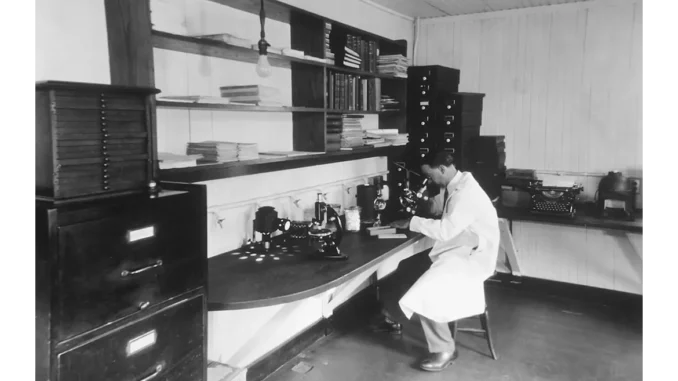
Cancer, a diagnosis once synonymous with a bleak prognosis, is progressively shedding its reputation as an inevitable death sentence. This shift is largely attributed to the extraordinary strides made in medical science, which have significantly enhanced both survival rates and quality of life for patients. Although cancer remains a formidable adversary, advancements in our understanding and treatment of this multifaceted disease are nothing short of groundbreaking.
Tracing the history of the battle against cancer reveals a journey spanning millennia. The earliest documentation of cancer is found in an Egyptian papyrus dating back to approximately 3000 B.C. Throughout history, various civilisations endeavoured to combat cancer with a plethora of treatments, ranging from herbal concoctions to surgical procedures. A pivotal moment came in the 18th century when British surgeon Percivall Pott identified a link between cancer and environmental factors. His observation that chimney sweeps were prone to a particular type of cancer due to soot exposure underscored the impact of environmental carcinogens. This insight was a precursor to the more scientific approaches that would follow. The 19th century witnessed the introduction of radiation therapy, with Swedish physicians Tor Stenbeck and Tage Sjogren successfully utilising X-rays to treat skin cancer. This innovation laid the groundwork for more targeted radiation techniques. However, it was the development of chemotherapy in the mid-20th century that revolutionised cancer treatment, providing a means to target rapidly dividing cells and reach cancerous areas beyond the reach of surgery and radiation.
In contemporary times, cancer treatment has evolved into a highly sophisticated and personalised domain. Researchers and clinicians have come to understand that cancer is not a monolithic disease but a collection of over a hundred distinct types, each exhibiting unique characteristics. This realisation has given rise to targeted therapies designed to address the specific genetic and molecular profiles of individual tumours. Among the most promising advancements is immunotherapy, which leverages the body’s immune system to identify and combat cancer cells. By inhibiting specific proteins that enable cancer cells to evade immune detection, immunotherapy has achieved remarkable success in treating various cancers, including melanoma and lung cancer.
Despite these notable advancements, significant challenges persist in the ongoing battle against cancer. Disparities in healthcare access result in uneven availability of cutting-edge treatments, impacting outcomes for different populations. While survival rates have improved for many cancers, others continue to pose formidable treatment challenges. Researchers are increasingly investigating the role of lifestyle and environmental factors in cancer prevention. A comprehensive understanding of the effects of diet, exercise, and carcinogen exposure is vital to reducing cancer incidence. As our grasp of cancer biology deepens, the aspiration is that prevention strategies will become as tailored and personalised as treatments themselves.
The evolution from ancient cancer remedies to contemporary breakthroughs epitomises human ingenuity and resilience. Although cancer is no longer an inevitable death sentence, the battle is far from concluded. The continuation of research, equitable access to treatment, and a concentrated focus on prevention are imperative in transforming cancer from a life-threatening disease to a manageable condition. As we look to the future, the potential of personalised medicine and innovative therapies offers a vision of hope—a world where cancer is not a source of fear, but a challenge to be surmounted.


Be the first to comment